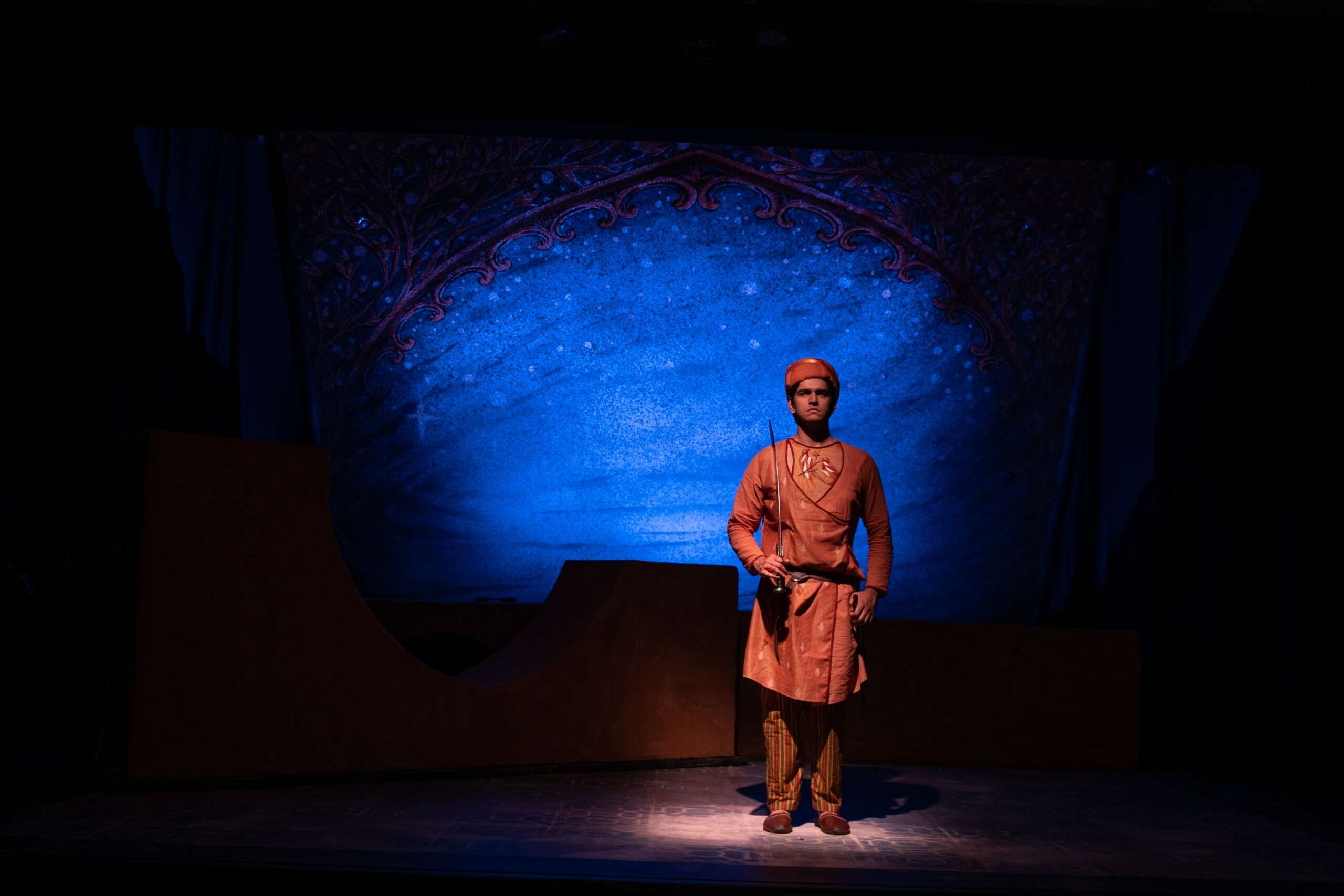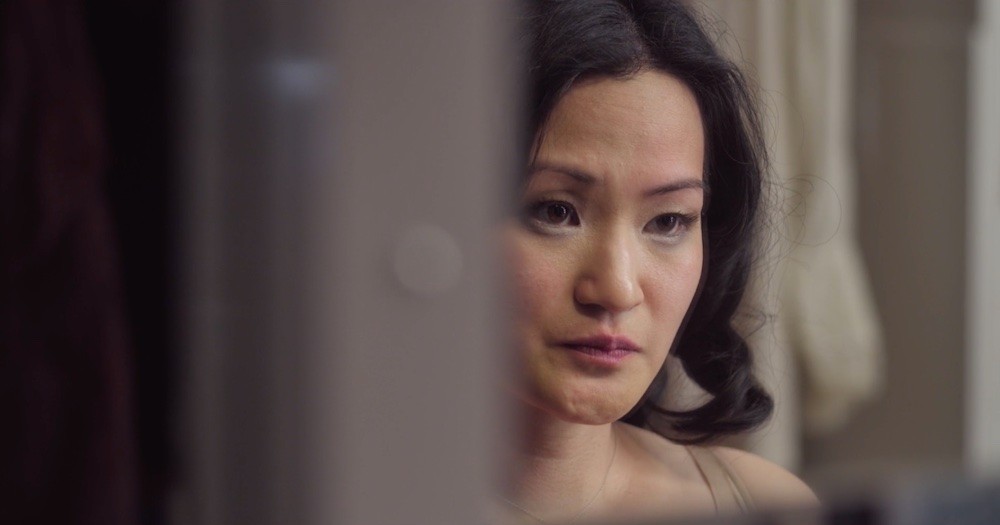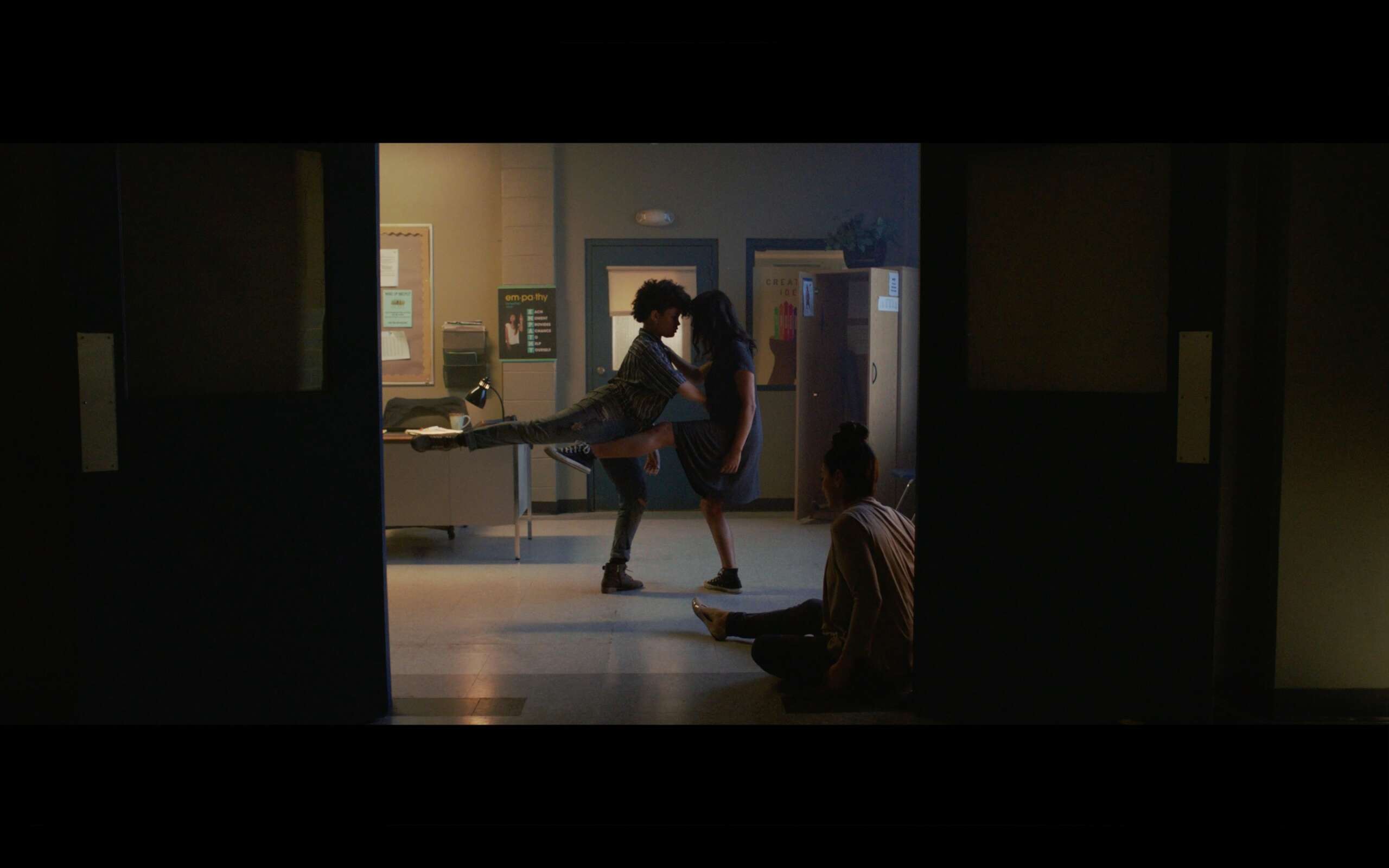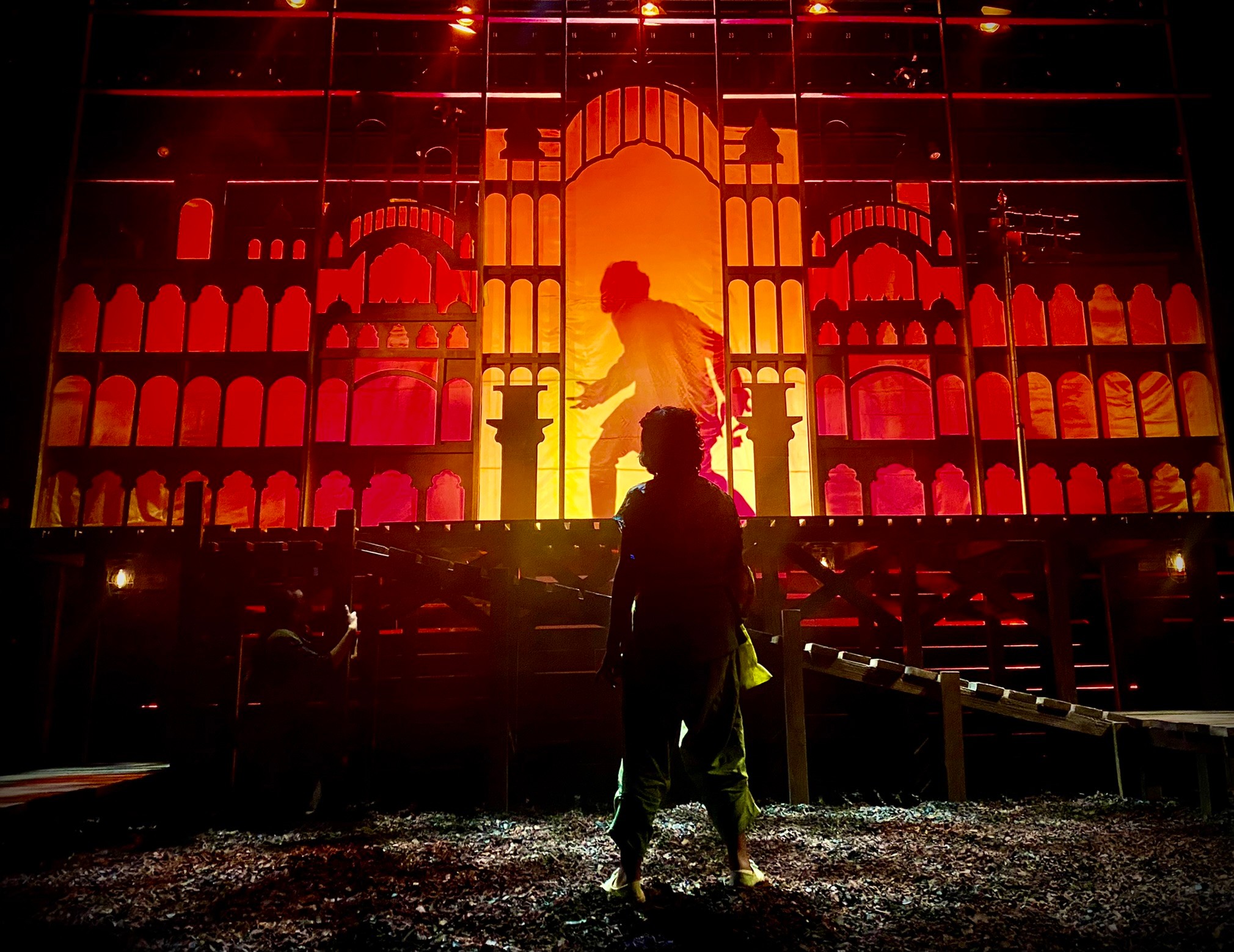We’re excited to introduce you to the always interesting and insightful Reena Dutt. We hope you’ll enjoy our conversation with Reena below.
Reena, looking forward to hearing all of your stories today. What’s the kindest thing anyone has ever done for you?
Many years ago when I was an actor I had auditioned for a director at Cornerstone Theater Company in Los Angeles. Although I didn’t get the part he personally called me to let me know how much he enjoyed my audition and told me if I ever needed anything – advice, mentorship – that I should feel free to contact him. It was truly one of the nicest things anyone has ever done…to offer that kind of support. To this day he still responds to every email and supports me in all my career changes as the years have gone on (even though he is now one of the most sought after artistic leaders in New York City at the moment). It’s the kind of mentorship and support I hope I have the privilege to pay forward to many others in the future.

Great, appreciate you sharing that with us. Before we ask you to share more of your insights, can you take a moment to introduce yourself and how you got to where you are today to our readers.
I am a director of theater film and audio. I work mostly in regional theater although this year I feel lucky to be in Los Angeles for several months working on a number of different kinds of projects ranging from theater, to multiple audiobooks as a narrator and director, culminating in a short film I was hired to direct written by and starring Anu Bhatt. I started my career as an actor and when I didn’t feel excited by the roles I was auditioning for or playing I started writing my own material. I self-produced my first short film that I starred in and produced which was written and directed by Arun Vir. She was my first producing mentor in the film industry. After that project, friends started hiring me to produce their projects and their stories which turned into a producing career for several years. After realizing I have a vision and a deeply rooted care for the creative people on the team, in front of and behind the scenes, I realized I wanted to direct. It felt like a natural progression because of how many years of experience I had working with directors either as an actor or a producer so the transition felt seamless. Now I make a living directing theater, film and audiobooks and I love every second of it.

We often hear about learning lessons – but just as important is unlearning lessons. Have you ever had to unlearn a lesson?
One of the things I was told when I first began my career was you need to focus on one aspect of the industry and excel at that one thing. Our industry has evolved so much and I no longer believe that to be true. Part of that belief also included the idea that a starving artist makes the best work. I definitely don’t believe that anymore. Some of the people I respect most have created their own shows, created their own characters, performed in their own movies and are now some of the top level creative people in the film industry as well as the theater industry. I look up to them. When they saw that their stories were not being told they went out there and wrote their story themselves and starred in them I did everything they needed to do to make their babies thrive. That is the future of the industry and it’s exciting to see happen time and time again.
All of this to say, if I fit into these stories that inspire me to do what I do, I can fit into the process as a director, as a producer, as an actor, or a narrator, and *what* we’re creating is the focus of my energy, not necessarily *how* I am participating in creating it. I feel encouraged and happy that I’m attracting more work as a director than anything else because I do think that is where my heart sits in this moment. As a director not only am I telling a story I believe in, but I’m also creating a healthy environment for all the artists involved — as much as I can. That gives me a lot of joy because theater and artistic communities are what made me feel like I had a sense of belonging when I was a kid, and I hope I’m paying that same feeling forward to the folx I work with.

How can we best help foster a strong, supportive environment for artists and creatives?
In my personal opinion American society should treat artists and creative people like any other occupation. I think that art is necessary because it allows us to inform others about our own personal journeys, but it also allows us to question the things around us that just aren’t working. Not only that, but our history is often captured and taught to future generations because of writers, painters, filmmakers, anybody that documents the present in some format that is then shared to future generations. Most of the sharing happens through the arts (literature, movies, poetry, photography, the list goes on).
I remember when my niece was 14 and her parents wanted her to become a doctor, I was upset they didn’t seem to respect me because I was an actor. I remember her telling me that she would be jobless if my work didn’t exist. People don’t want to get better to sit around and do nothing, but they want to be healthy so they could enjoy life with their loved ones and that enjoyment includes artists in almost every aspect of how we live and entertain ourselves. Coming from a 14 year old, that statement really affected me. I was supposed to be the adult there, and the joke was on me.
Unlike many other countries that offer Government funding for culture workers, my understanding is that the USA provides some of the least amount of support for artists. We don’t define our work as Culture Work like so many other countries do. I hope that American society shifts to believe and understand that art is just as important as anything else in life. With that, I’m going to say I would absolutely take a comfortable living wage in order to be an artist and afford healthcare as well as all the basic needs a human has for living and for retirement. I don’t need a lot and I don’t need inflated salaries. Right now we don’t even have a living wage based on annual earnings for the average artist. We have a lot of change to make in order for our work to be sustainable and our bodies respected and cared for. For me, the best way society can support creative people is to shift the mindset we have toward artists, and I know that is entirely philosophical, but I think changing the root causes of unsustainability could create major shifts in the direction of support for creatives in the USA.


Contact Info:
- Website: https://www.reenadutt.com/
- Instagram: https://www.instagram.com/reena.dutt
- Facebook: https://www.facebook.com/reena.dutt.92
- Linkedin: https://www.linkedin.com/in/reenadutt/
- Twitter: https://twitter.com/reenadutt
- Youtube: https://www.youtube.com/user/reenadutt
Image Credits
Too Many Bodies (DP Daphne Wu) Found (DP Jeanette Li) This is not a True story by Preston Choi produced by Artists at Play Guards at the Taj by Rajiv Joseph produced by Chester Theatre Company Red Oleanders by Rabindranath Tagore, adapted by Arnab Banerji for UC Riverside, Courtesy of Mika Larson Photography


